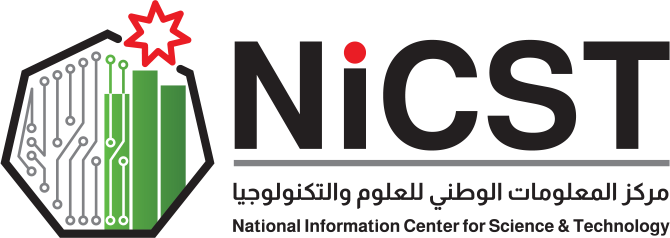The knowledge based on accurate data and information forms the basis for empowering decision-makers to identify the best choices and priorities and to develop appropriate goals and policies at the national or institutional level. It also helps in monitoring and evaluating the progress made in achieving these goals, thus contributing effectively and sufficiently to the achievement of sustainable economic, social, and political development goals. Empowering planners with timely access to accurate information enables them to make good use of it and target citizens' basic needs for government services such as schools, hospitals, and others.
The era of globalization, digitalization, and openness is characterized by an increase in the volume of data and information, their multiple and diverse sources, and the increasing need for information in planning and decision-making processes. Therefore, it has become imperative to rebuild confidence in the national information system to serve as a reference for planners and decision-makers in both the public and private sectors.
To achieve this, there is a need to establish a public institution that renews confidence in the statistical system and information system, coordinates between information-producing institutions, and contributes to the development of knowledge based on accurate information, evidence, and proof, which forms a fundamental basis for decision-makers in ministries, public institutions, and the private sector.
The establishment of the National Information Center aims to develop an integrated system of national information that ensures the flow of information to planners and policymakers in both the public and private sectors. It contributes to filling the gap between the information provided and what is required of it according to national and institutional needs through coordination between the institutions of this system on one hand, and raising their structural and analytical capacities and capabilities on the other hand. This system ensures the access of information and knowledge to decision-makers to enable them to develop appropriate plans and policies and make sound decisions.
To establish its work, the center has adopted a strategy for the period 2022-2026 with the aim of defining the roadmap for the center's work, outlining its vision, and the means used to achieve the center's objectives. The strategy analyzes the current situation using the SWOT analysis, which includes analyzing the internal environment (strengths and weaknesses) and analyzing the external environment (opportunities and threats), as well as analyzing the stakeholders in the national information system to identify the roles of different parties in the system and their relationships. In addition, the strategy addresses data sources according to the producing authorities, as well as the main axes of work and tasks of the National Information Center for Science and Technology. Additionally, the strategy documents its preparation methodology and the principles it is based on. It also addresses the strategic direction of the center and the means to achieve its objectives, as well as plans and implementation programs for the period from 2022-2026 in accordance with national and strategic objectives. Furthermore, the strategy addresses the monitoring and evaluation mechanism to ensure the achievement of objectives within the specified time frame and to conduct necessary reviews. In the final part, the proposed organizational structure is discussed to enable the center to perform its functional tasks.

